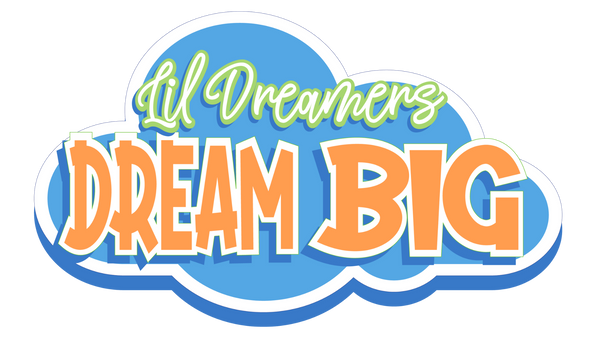Introduction:
Preschool is a crucial time in a child's development, laying the foundation for future learning and success. At the heart of any effective preschool program lies its curriculum – a carefully designed roadmap that guides educators in creating meaningful learning experiences for young learners. In this article, we'll delve into why preschool curriculum is so vital in shaping the minds and hearts of our youngest students.
Setting the Stage for Lifelong Learning: Preschool curriculum sets the stage for a child's lifelong learning journey. It introduces them to essential concepts and skills in a playful and engaging manner, igniting their curiosity and love for learning from an early age. Whether it's fostering early literacy and numeracy skills or nurturing social-emotional development, a well-crafted curriculum lays a solid foundation upon which further learning can be built. Keywords: preschool activities, preschool craft, curriculum, early childhood education, preschool at home.
Meeting Developmental Needs:
Every child is unique, and preschool curriculum acknowledges and accommodates this diversity by addressing a wide range of developmental needs. From gross motor skills to cognitive abilities, from language development to social skills, a thoughtfully designed curriculum ensures that all aspects of a child's growth are nurtured in a supportive and stimulating environment. Keywords: teacher resources, Child Care Curriculum, early education.
Promoting School Readiness: Preschool curriculum plays a pivotal role in preparing children for the transition to formal schooling. By introducing them to routines, structures, and basic academic concepts, it helps ease the transition and fosters a sense of confidence and readiness for the challenges of kindergarten and beyond. Moreover, exposure to a rich and varied curriculum empowers children with the skills and knowledge they need to thrive in a classroom setting. Keywords: preschool programs, school readiness.
Fostering Holistic Development:
Beyond academic achievements, preschool curriculum prioritizes the holistic development of children, encompassing cognitive, physical, social, and emotional domains. Through a diverse array of activities, such as art, music, dramatic play, and hands-on exploration, children are encouraged to express themselves creatively, develop problem-solving skills, build meaningful relationships, and regulate their emotions – all essential components of a well-rounded education. Keywords: homeschool preschool curriculum, preschool education, preschool curriculum kit.
Engaging Families in the Learning Process:
Effective preschool curriculum recognizes the importance of family involvement in a child's education journey. It serves as a bridge between home and school, providing opportunities for parents and caregivers to actively participate in their child's learning experiences. Whether through parent-teacher conferences, take-home activities, or communication platforms, curriculum fosters a collaborative partnership between educators and families, ensuring continuity and coherence in the child's learning journey.
Conclusion:
In the dynamic landscape of early childhood education, preschool curriculum stands as a cornerstone of quality instruction and meaningful learning experiences. By embracing the principles of child-centeredness, flexibility, and inclusivity, it holds the power to unlock the potential of every child, setting them on a path towards a lifetime of curiosity, discovery, and achievement. As educators, let us recognize and celebrate the profound impact that preschool curriculum has on shaping the minds and hearts of our youngest learners.
